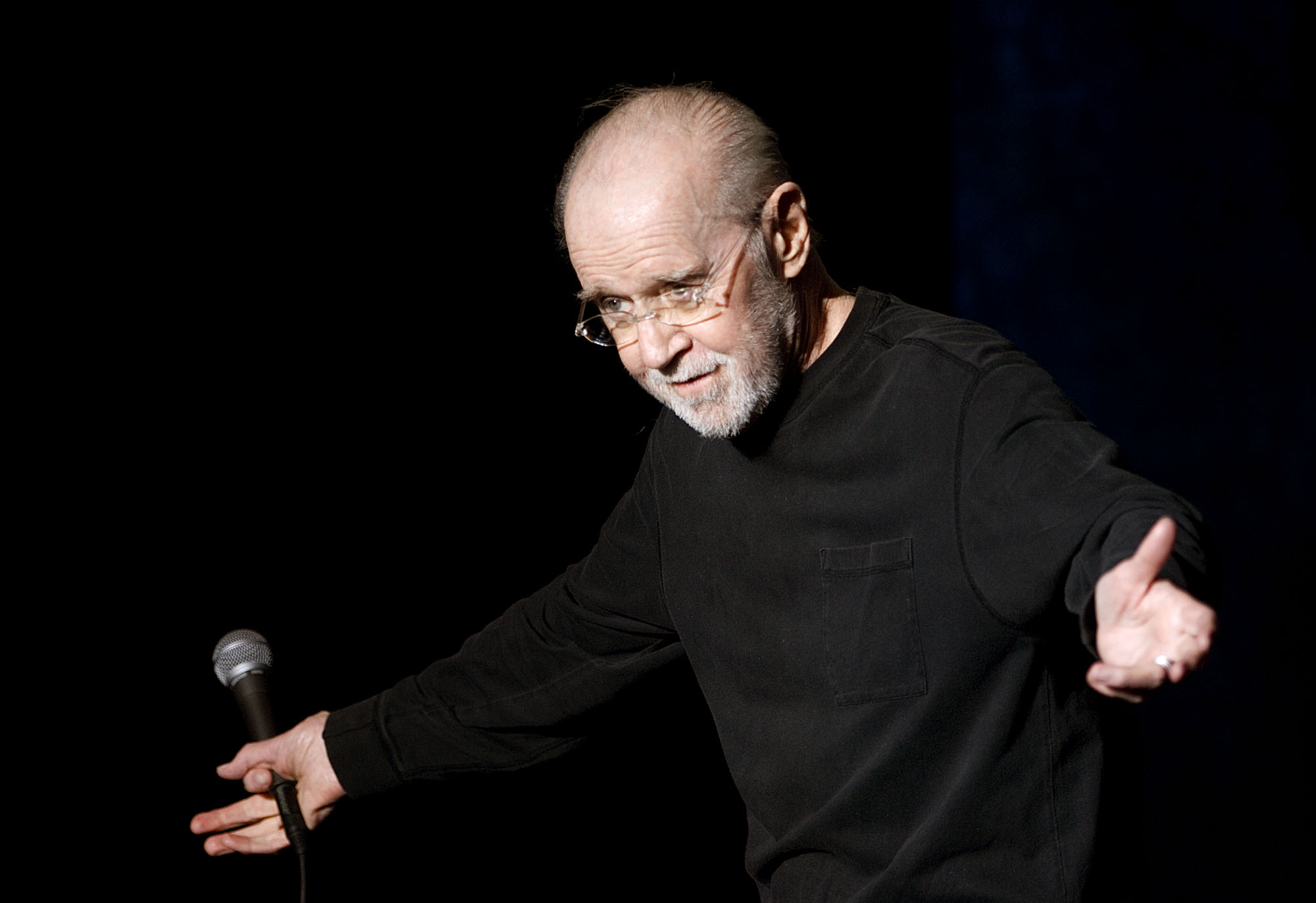George Carlin’s estate sues over AI comedy special

Late comedian George Carlin is shown in this 2007 file photo. (AP Photo/E Pablo Kosmicki)
George Carlin’s estate is suing the creators of an online comedy special that claimed to imitate the late comedian’s voice and sense of humor using artificial intelligence.
“George Carlin: I’m Glad I’m Dead,” an hour-long video supposedly written, voiced and illustrated by an AI model trained on decades of Carlin’s comedy routines, constituted copyright infringement, according to the lawsuit filed this week in the Central District of California.
“This case is not just about AI,” Josh Schiller, an attorney for the plaintiffs, said in a statement. “It’s about the humans that use AI to violate the law, infringe on intellectual property rights, and flout common decency.”
The video, uploaded this month and removed from public view after the lawsuit was filed, opens with the voice of “Dudesy,” a “state of the art entertainment AI” that claims to write a podcast series for two human hosts, Will Sasso and Chad Kultgen, by data-mining their personal emails, texts and social media. Representatives for Sasso and Kultgen, who are named defendants, didn’t immediately respond to requests for comment.
“I listened to all of George Carlin’s material and did my best to imitate his voice, cadence and attitude, as well as the subject matter I think would have interested him today,” Dudesy says, before launching into topical jokes, illustrated with a slide show of apparently AI-generated images.
“If you’re in America, you’re special. God made something just for you, something no other country on the planet gets. It’s totally random, not related to your diet, exercise, lifestyle, age, race, gender, sexuality or genetic predisposition,” fake Carlin says early in the routine.
An image of an action hero wearing an American flag for a cape and holding a tactical rifle in each hand pops up on screen for the punchline: “Of course I’m talking about mass shootings!”
A laugh track punctuates the set, which also discusses topics such as trans athletes and billionaires’ wealth.
The lawsuit is one of a growing number of legal battles against AI companies that scrape the internet to train their software. In September, George R.R. Martin, Jodi Picoult and other famous authors signed on to a lawsuit that accused OpenAI of “systematic theft.”
Carlin fans lambasted the Dudesy special on social media, with some arguing that it didn’t capture the stand-up legend’s essence. Sometimes called “the dean of counterculture comedians,” Carlin was a prominent stand-up entertainer for more than half a century until he died in 2008. The radio broadcast of his monologue “Seven Words You Can Never Say on Television” was central to the 1978 Supreme Court ruling in Federal Communications Commission v. Pacifica Foundation, which upheld that the FCC has the right to regulate indecent material.
Some also questioned whether the show was entirely AI-generated, as Sasso and Kultgen have claimed. Writing in the technology news outlet Ars Technica, Kyle Orland noted that AI models are not that advanced, and that the hosts have occasionally hinted that Dudesy may be a comedic bit as opposed to actual AI.
The lawsuit notes that in a podcast episode where Sasso and Kultgen explained “A.I. Carlin,” they said that anyone could have made the special themselves with today’s technology, but that a human actor would write the script and upload it into an AI voice generator.
Regardless of how the video was made, Carlin’s daughter has been adamant that it shouldn’t be online.
“I understand and share the desire for more George Carlin. I, too, want more time with my father,” Kelly Carlin said in a statement Friday. “But it is ridiculous to proclaim he has been ‘resurrected’ with AI. The ‘George Carlin’ in that video is not the beautiful human who defined his generation and raised me with love. It is a poorly-executed facsimile cobbled together by unscrupulous individuals to capitalize on the extraordinary goodwill my father established with his adoring fan base.”
The lawsuit—filed against Sasso, Kultgen, Dudesy LLC and 20 unnamed individuals involved with the AI software and the special—calls the video “an unlawful appropriation of Carlin’s identity” through its unauthorized use of the comedian’s catalogue of work to seemingly train AI.
But the complaint also states: “Whether the Dudesy Special is indeed, from start to finish, the product of an artificial intelligence or simply relies on AI-powered tools to help a human better imitate George Carlin, the result is ultimately same: Defendants always promoted and presented the Dudesy Special as an AI-generated George Carlin comedy special, where George Carlin was ‘resurrected’ with the use of modern technology.”
Write a letter to the editor, share a story tip or update, or report an error.



